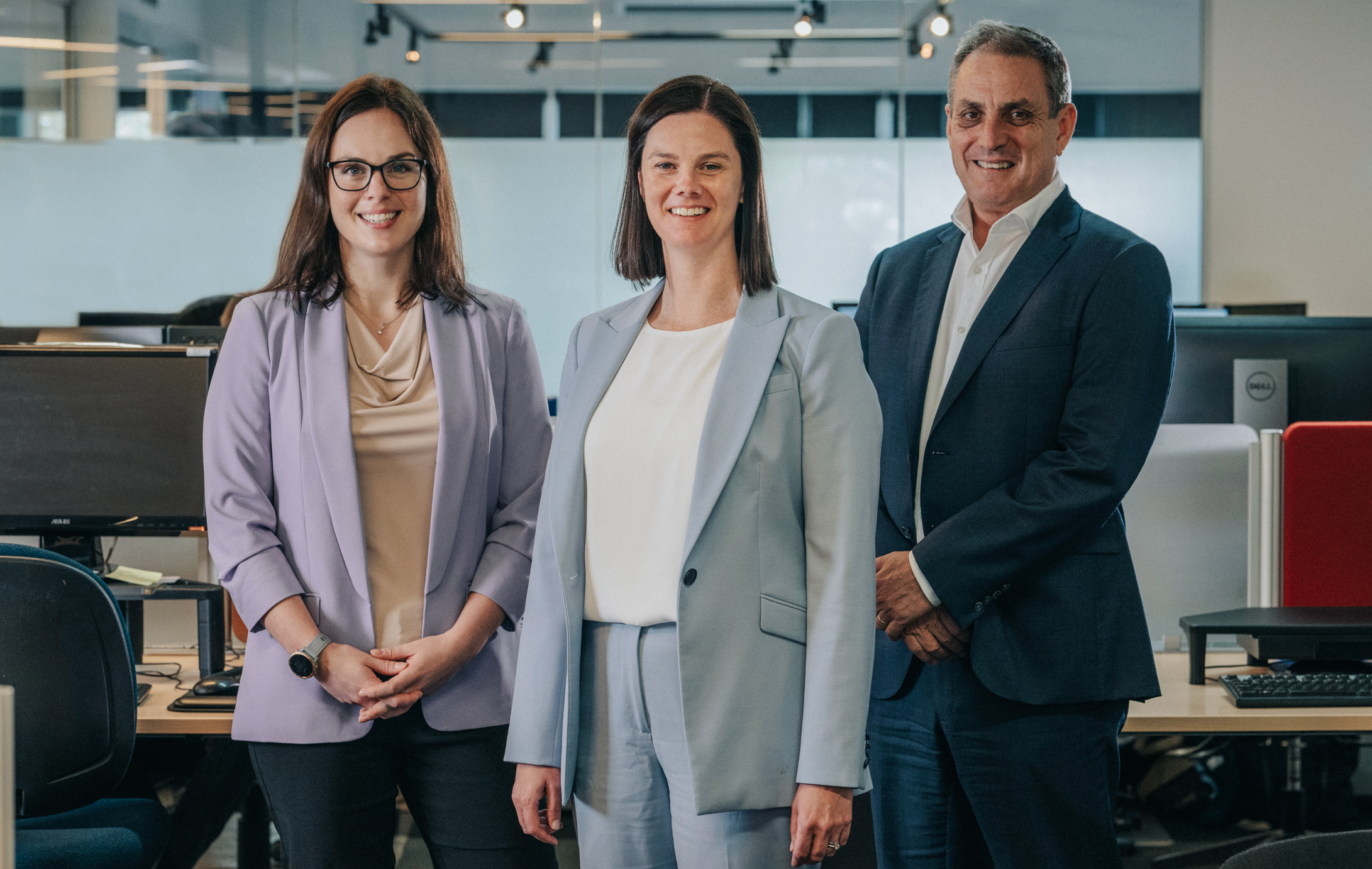Development testing and feedback to support performance development

Situation
This integrated mining services company was experiencing very rapid growth in both their headcount and revenue and wanted to ensure that they were appropriately supporting their leaders through this time and equipping them with the skills they needed into the future.
In particular, they wanted to have more robust discussions with staff about their future, both professionally and at the company, and more effectively use performance planning to help them grow into this desired future. The primary focus for this project was on superintendent-level leaders.
Rather than just relying on subjective manager opinions, this company wanted robust data and input from the staff themselves about their strengths and development areas. This way, performance development could become both a top-down and bottom-up process.
Challenge
Given the nature of these leadership roles (site-based, fly-in fly-out, shift work, rapidly changing work demands and issues requiring immediate attention) and the looming performance development cycle, we only had a small window for testing and debriefing.
Solutions
After looking at the requirements of these leaders, we suggested a suite of assessments that included personality, emotional intelligence, and safety leadership. As participants completed the assessments, our psychologists wrote bespoken development reports, highlighting their key strengths and development areas, as well as an indication of their level of capability against pre-defined competencies.
Participants were also set up for a half hour debrief session with one of our psychologists or accredited consultants, to talk them through their results and what these may mean for them on the job. We also had separate debriefs with each participant’s manager to talk through their strengths and potential areas for development. These debriefs were scheduled to occur either at the start of or shortly before their annual performance development meetings with their manager, so that they could use the data to inform robust performance development discussions.
Result
The initial request was for us to assess 11 superintendents, but this was shortly followed by requests for additional participants to be added to the project, expanding this to 26 leaders.
Feedback from the project sponsor and participants indicated that the testing expanded their performance development conversations to be much broader in focus and supported better reflection and development planning. Participants also said that they really appreciated the chance to get such a high-level perspective to increase their self-awareness.
A number of the leaders assessed requested that we repeat this testing in the future to measure leadership growth over time.



